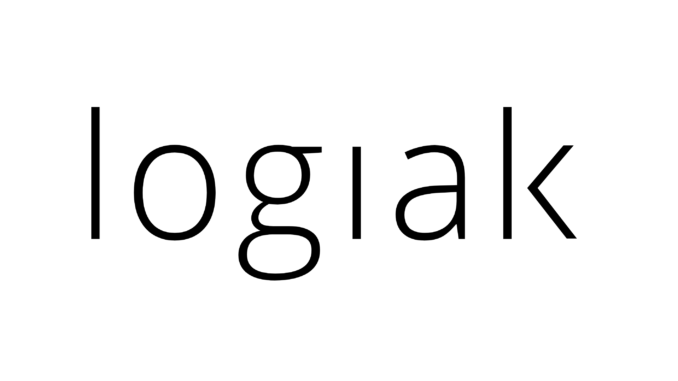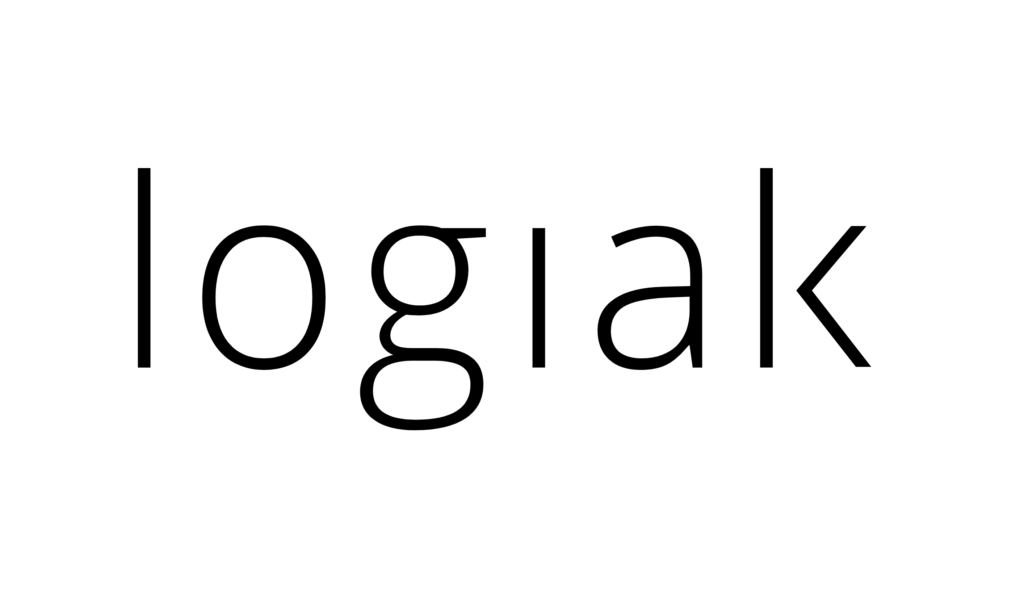
Artificial Lawyer recently caught up with Tom Routen, founder of Logiak, a no-code platform for building decision logic flows and expert systems. It started out being used in the health sector in Africa, and now is venturing into the law. Logiak is also one of the first cohort of legal tech companies in the Slaughter and May Collaborate incubator.
In this interview we explore what a no-code decision logic platform like this can do for users; the journey from healthcare in the developing world to the commercial legal sector; and whether the legal world will mirror the medical world in terms of adopting the use of new technology.
—
Can you tell readers what your product does?
Logiak is a way of creating certain kinds of software without having to program.
There are several tools on the market now for this kind of thing, typically referred to as ‘no-code’ or ‘low-code’ environments. Logiak is one of these, but is targeted very much at organisational uses, and is particularly useful where the need is to implement algorithms (such as typically form the basis for decision support systems) of some kind.
One can configure not only complex algorithms, but also whole data-handling apps (for web and mobile), or even multiple-app offline distributed data-sharing systems for collaborative working. Logiak’s advantages lie not just in being able to produce software without programming, but also in being able to maintain the software – to quickly and easily make changes as circumstances and requirements change – without being dependent on programmers.
I understand you started out in the medical field and worked with clients in Africa. Can you tell us about that?

Around 10 years ago, the proliferation of mobile technology (particularly smartphones) meant that, for the first time, it was possible to maintain powerful computing devices in poor and remote parts of the world. Implementing decision-support software on such devices is one way of ameliorating the consequences of the deficit of qualified medical personnel in great swathes of the world. It is a way of improving the quality of the care provided.
Our niche is in pushing the envelope when it comes to making it possible for western medical specialists to create and maintain systems embodying very complex decision logic for deployment in clinics, and we have honed logiak with this kind of goal in mind. Our flagship projects of this kind include MSF eCARE paediatric care system developed using logiak by paediatric specialists at MSF Suisse in Geneva, and a system for the care and treatment of HIV-infected children recently completed by the University of Maryland Institute of Virology.
Why the move into legal?
The value of our software has outgrown the size of our company.
To be the right kind of partner for the large-scale deployments of Logiak systems which are now planned, we recognise the need to grow, and consequently late last year we developed a business plan for this growth. In doing this, as we came to define our product and its market, it became clear that, since the product is entirely generic, the market is not restricted to global health.
Early in my career, I had worked in AI and law (I was a member of the pioneering Logic Programming Group at Imperial College, which some of your readers may have read about), and so I appreciated that law was a possible application area.
I was wary though since, having worked in this field, I thought take-up of advanced technology in law was lacklustre …at least, that is how I recalled it. This time, having googled ‘legal tech’, I was surprised by the booming activity. Not only are the business opportunities evident, but it also offers openings for using creativity to forge new possibilities. So law went into the business plan, and since then we have been executing this plan, and here we are.
– Would you describe what your provide as an expert system? How do you see lawyers making use of this?
Logiak is a particularly good tool for creating what might be called expert systems (those embodying some complex algorithm(s)), but it is also very useful even when the system you need is not dominated by specialist domain knowledge of any kind. One of our most exciting projects is a Vodafone Foundation-supported emergency transport system, built using Logiak, which is currently in use in Northern Tanzania and, we understand, will soon be rolled-out in three other countries.

It permits call-centre despatchers to manage a database of drivers, routes, journeys, etc., but doesn’t use much complex logic, except in a triaging protocol which helps determine how experts would judge the severity of the emergency they are dealing with.
It is early days for us to be specific on how exactly lawyers will exploit this product: we hope in many ways we have not even anticipated. To date, we have executed a successful proof of concept with a UK law firm in the field of case law, so we can at least say: if a company is able to formally model some expertise in a specific area of case law, for example to help figure out the strength/weakness of a claim, and the need is for an implementation vehicle which makes it easy to build an interactive advice-giving system to embody this, then it may be quicker and easier to do this with Logiak than other ways.
– You have joined Collaborate at Slaughter and May, what are your hopes for this?
First I would like to say what a real pleasure the collaboration has been so far and to thank Slaughter and May for this. Our main reason for wanting to join the Collaborate programme was to accelerate our entry into the legal market by obtaining a clearer idea of how Logiak might play best within the law company environment: what are the most evident kinds of use cases, where are the pain points we can most evidently help with, how should we describe the system to make it most clear and relevant?
We are developing what appears to be a discontinuous portfolio: on the one hand projects in healthcare in Africa working with NGOs and universities, and on the other hand legal tech in large corporations in the West.
But we are intending to bridge that by identifying ‘access to justice’ projects in Africa and elsewhere, with both NGOs and law companies. This way, we can re-establish a continuity across the spectrum of our projects.
– And, looking to the future, from what you have seen so far, how much change do you expect to see in the legal world – and can this be compared to change in the medical world?
In global health the concept of ‘task shifting’ describes exploiting digital decision support to shift responsibility for certain tasks to less qualified (and more available) personnel. Already in the PoC we have done in the UK, the aim is to equip junior lawyers with digital support so as to be able to evaluate certain claims in fields where otherwise they would have inadequate expertise. This is a straight parallel to task shifting in the healthcare space.
With regard to access to justice, I am interested to see whether, as is happening with Green issues, something once is regarded as a virtue can become a business imperative. At least for trans-national companies who have ambitions and opportunities to do business in new markets where populations are rapidly coming online, access to justice initiatives can be a way of establishing the company identity, gradually morphing into ways of efficiently delivering legal services.
We look forward to seeing Logiak used within law companies, helping to achieve high-value efficiencies, to the extent to which technologies such as Logiak enable the law company to embody aspects of expertise in software, we might also look forward to seeing it being deployed in new models of legal service provision which extend the law company’s reach. Such a distribution of expertise via digital delivery would mean the law very much following the same kind of digital path as healthcare.
Thanks, Tom, welcome to the legal world, and good luck with the incubator.

